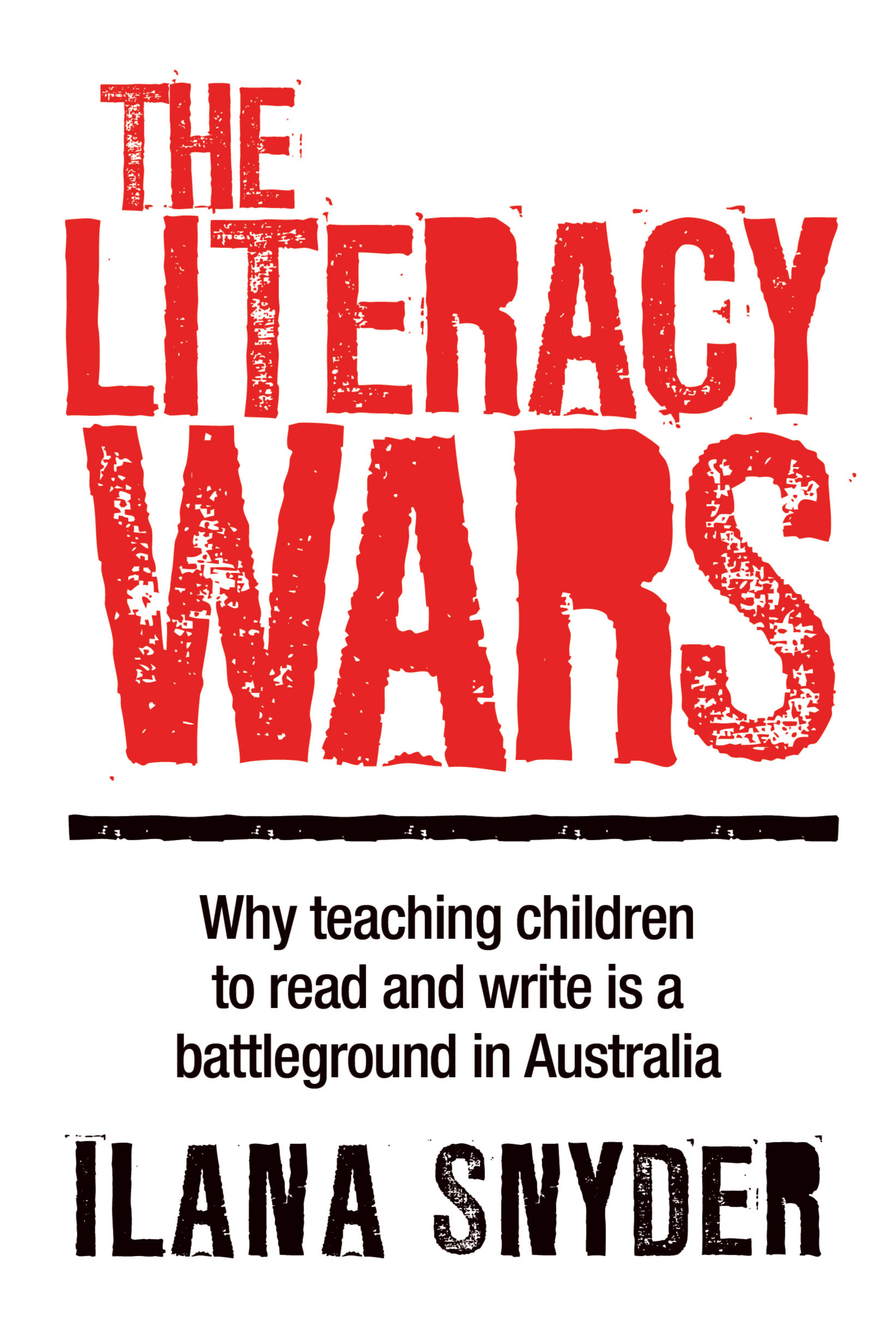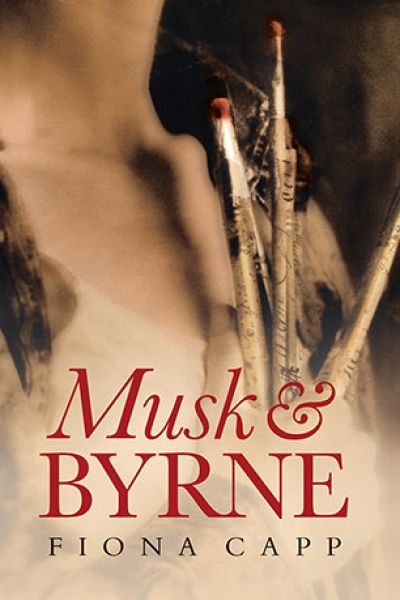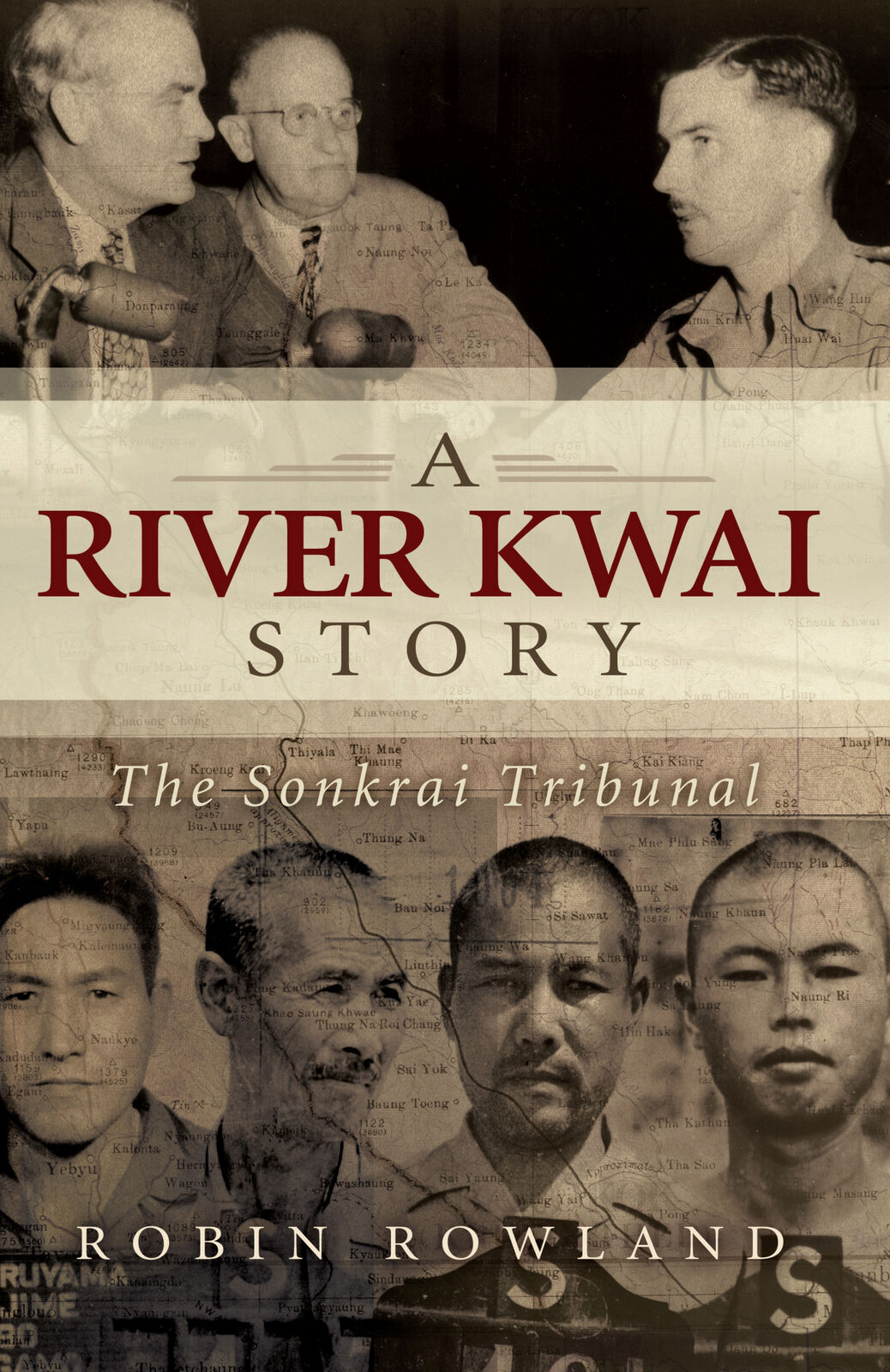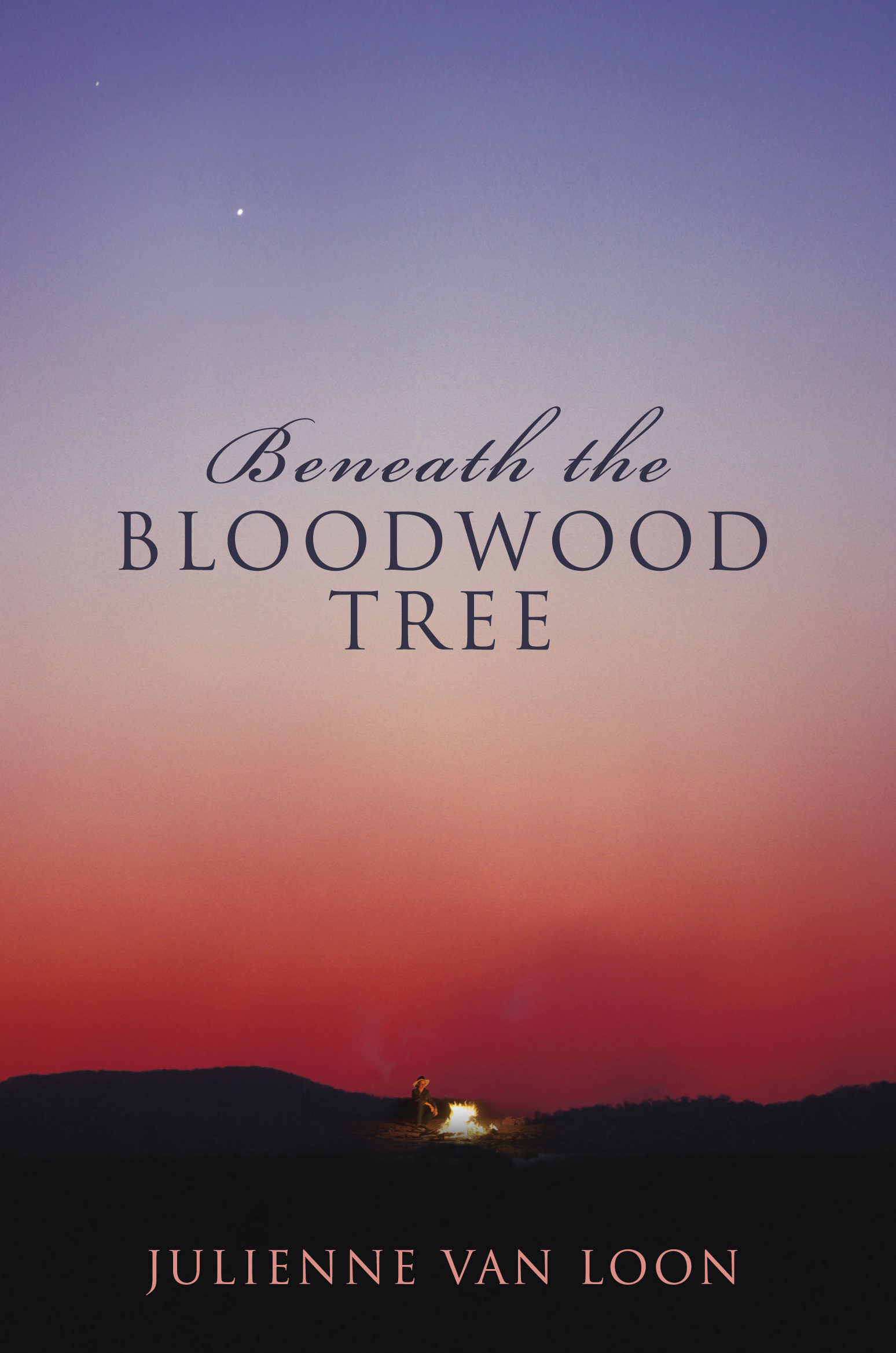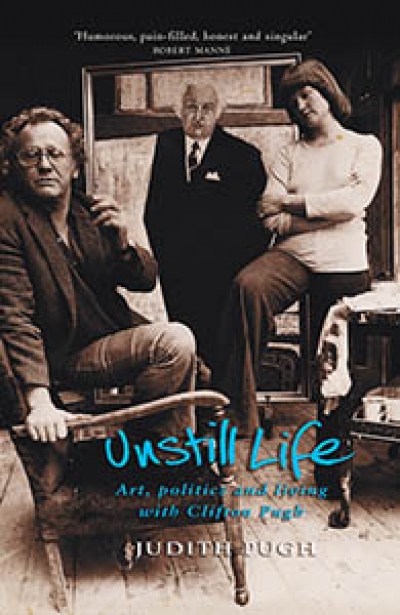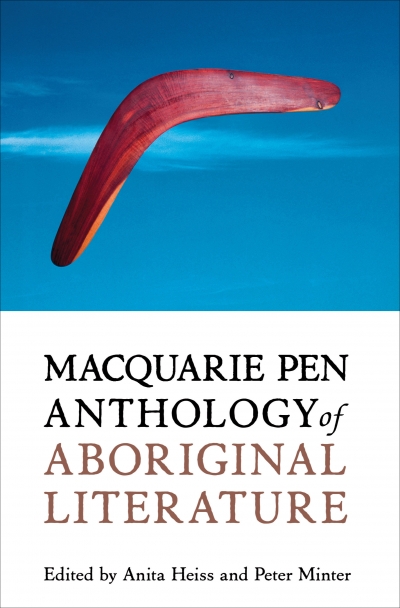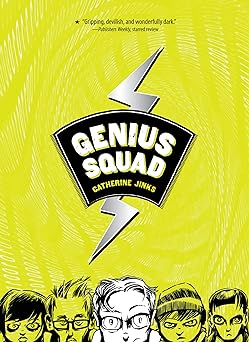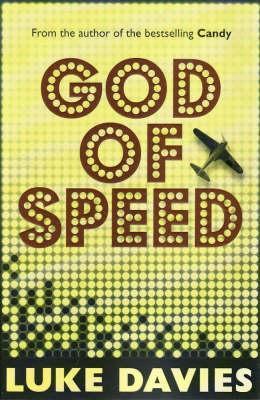Allen & Unwin
The Literacy Wars: Why teaching children to read and write is a battleground in Australia by Ilana Snyder by Ilana Snyder
by Juliette Hughes •
A River Kwai Story by Robin Rowland & The Men of the Line by Pattie Wright
by John Connor •
A Military History of Australia by Jeffrey Grey & Duty First by David Horner and Jean Bou
by Peter Edwards •
Unstill Life by Judith Pugh & Self-Portrait of the Artist’s Wife by Irena Sibley
by Vivien Gaston •
Macquarie PEN anthology of Aboriginal literature edited by Anita Heiss and Peter Minter
by Jaya Savige •
Genius Squad by Catherine Jinks & At Seventeen by Celeste Walters
by Maya Linden •

